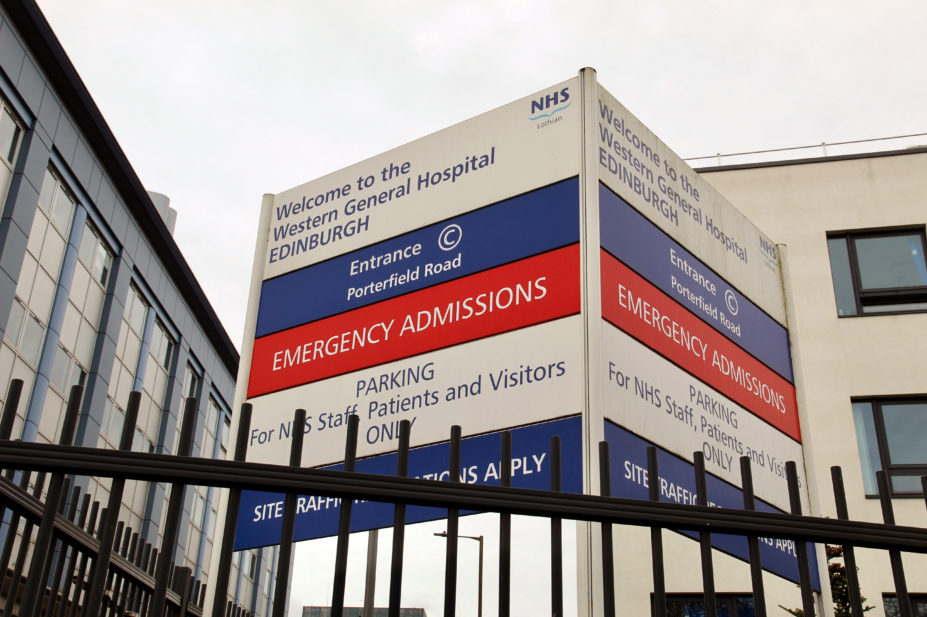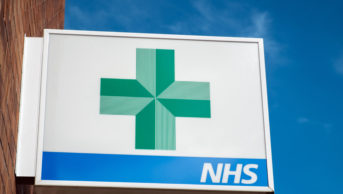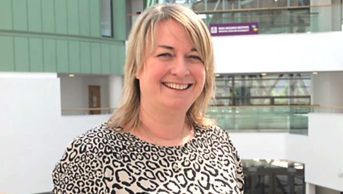
Shutterstock.com
Community pharmacies in Scotland will provide a hospital discharge and medicines reconciliation service as part of the government’s five-year recovery plan for the NHS following the COVID-19 pandemic.
The ‘NHS Recovery Plan’, published by the Scottish government on 25 August 2021, aims to address the backlog in care in the NHS in Scotland between 2021 and 2026.
According to the planning document, the new service will be established in the second year of the plan “to help speed up the process for people being discharged from hospital”.
The start of a community pharmacy hospital discharge service in Scotland follows the launch of a similar service in England in February 2021, in which pharmacists can compare the medicines that patients have been recently discharged with to those that were taken before admission.
A community pharmacy hospital discharge service has also been running in Wales since 2011.
The five-year plan also committed to increasing funding for the NHS Pharmacy First service from £7.5m in 2021/2022 to £10m the following year.
The additional £2.5m will be used “to enable community pharmacies to provide an even wider range of advice and treatment, avoiding unnecessary GP and out-of-hours appointments”, the plan said.
NHS Pharmacy First was launched across Scotland in July 2020 to replace the minor ailment service, initially enabling pharmacies to offer treatments for uncomplicated urinary tract infections and impetigo.
In June 2021, two new patient group directions (PGDs) supporting the treatment of shingles and skin infections were added to the service.
Commenting on the NHS Recovery Plan, Adam Osprey, policy and development pharmacist at Community Pharmacy Scotland, said the additional £2.5m “was always planned as part of our current three-year funding deal — this supports the growth in use of the service as well as the addition of further conditions that can be treated under the service via PGD”.
“At this stage, key stakeholders are considering a number of avenues for PGD development which would have the biggest impact for patients in Scotland, to then create a workplan for steady rollout,” he said.
Commenting on the hospital discharge and medicines reconciliation service, he said the new service was welcome.
“From our perspective, this will support a smoother discharge from hospital for patients, allowing them to be back home or in a homely setting as soon as is possible, with their local, familiar community pharmacy team taking care of their medication review and supply.
“Formalising the reconciliation of prescribed medication at the community pharmacy will bring key safety improvements, ensuring that intended changes are picked up, screened and discussed with the patient once they are settled back at home – we would hope that this would have an impact on medicines-related adverse events,” he continued.
The latest data on NHS Pharmacy First showed that community pharmacies carried out nearly 500,000 consultations through the service between January 2021 and March 2021, with funding claims amounting to more than £6m.
READ MORE: Building vital connections between hospital and home


